30,000 a day
Nuclear medical care is of vital importance.
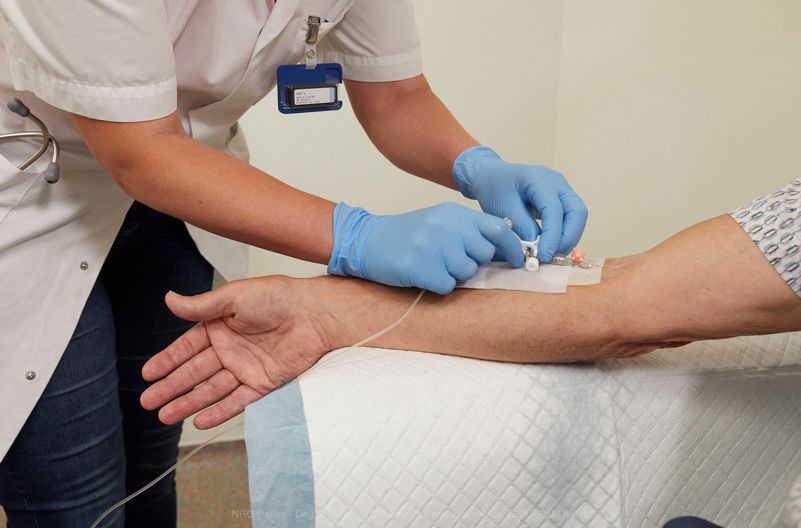
Every day, medical isotopes from the Petten reactor play a vital role in the lives of more than 30,000 people worldwide. These isotopes are the foundation of nuclear medicine and are essential for detecting and treating conditions such as cardiovascular disease and cancer.
In 2017, however, considerable uncertainty surrounded the Petten reactor. Few people knew the reactor produced life-saving medical isotopes every day. At the same time, there was public reluctance towards nuclear technology. The challenge was to raise awareness and build public support.

A campaign with social impact
To build broad public and political support for the construction of a new, state-of-the-art reactor, we launched the public campaign ‘30,000 a day’. The message was clear: every day, 30,000 people benefit from medical isotopes produced at Petten.
Through personal stories from cancer survivors, an informative online platform and an active social media community, we made the social impact of medical isotopes both tangible and personal.
Visible support, tangible results
The campaign resonated widely. More than 54,000 people expressed their support on Facebook. Over 6,000 people visited the platform to learn how isotopes work and why they matter.
Then, on Prinsjesdag 2022, a significant step was taken: Ernst Kuipers, the Minister of Health, Welfare and Sport at the time, announced that construction of a new reactor in Petten would proceed. It marked a milestone for nuclear medicine in the Netherlands and for patients around the world.
The story continues
The campaign’s success marked a beginning, not an end. Behind the 30,000 people treated each day is a team of dedicated and skilled professionals. They work close to the source, at the beginning of a chain that plays a vital role in healthcare around the world.
We’re proud to let them share their stories. From researchers to electricians, from teachers to transport drivers – meet the people behind this vital work. These are the people who help 30,000 people every day.
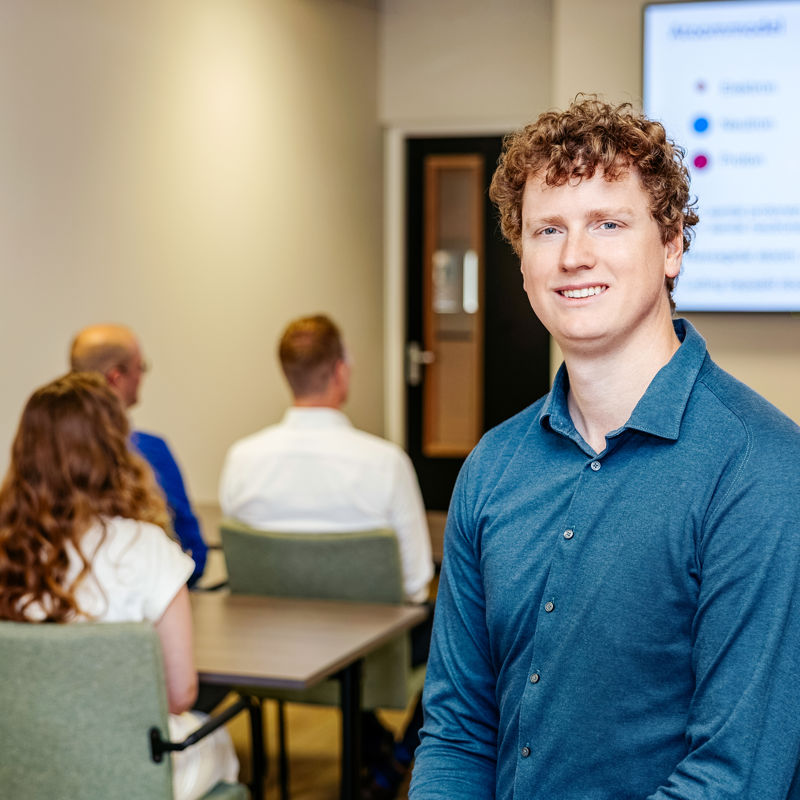
‘I pass on what I’ve learned to others’
From performing brain scans in hospitals to checking food for contamination, thousands of professionals around the world work with radiation every day. That’s why it’s crucial that they know how to protect themselves and others from its potential risks. Last year, Berend Spruijt and his colleagues at the NRG PALLAS Academy trained more than 1,500 people to do just that.

‘This is where we produce the isotope that helped me’
After a period of serious illness, Jennifer Hills wanted to find work that truly mattered. She found it at NRG PALLAS. As part of the procurement team, she plays an important role in the development of life-saving treatments. ‘Being on the other side now makes this work even more meaningful.’
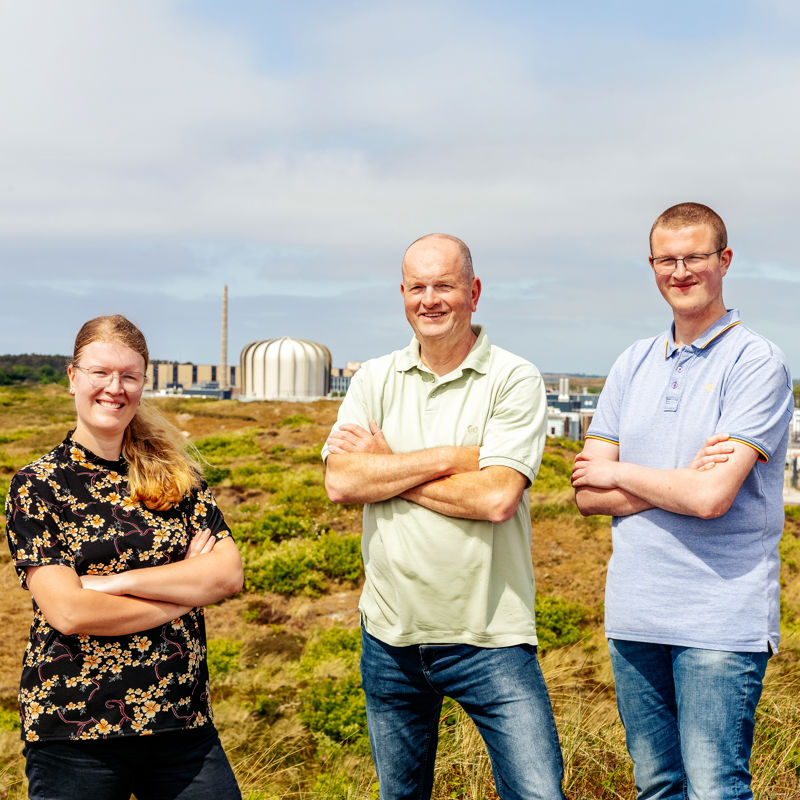
‘My children commit themselves every day to the same social cause’
Working at NRG PALLAS is something special for Paul van Dijk. It’s part of a larger whole that brings together technology, social relevance and family. ‘Sometimes we sit and talk for hours at the kitchen table about our work. We discuss everything, from the daily ins and outs at NRG PALLAS to the impact our medicines have on patients.’
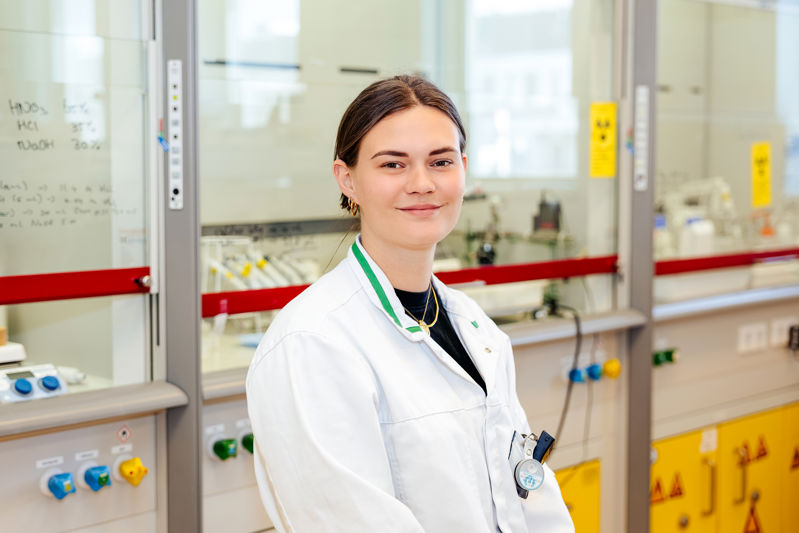
‘As a researcher, I’m contributing directly to the development of medicines for prostate cancer’
At the NRG PALLAS lab, Julia Onderwater (25) works with something that’s invisible to the naked eye but which can change lives: lutetium-177. This medical isotope is used in the treatment of prostate cancer, among other conditions. ‘It’s really cool to see how my work is having more and more impact.’
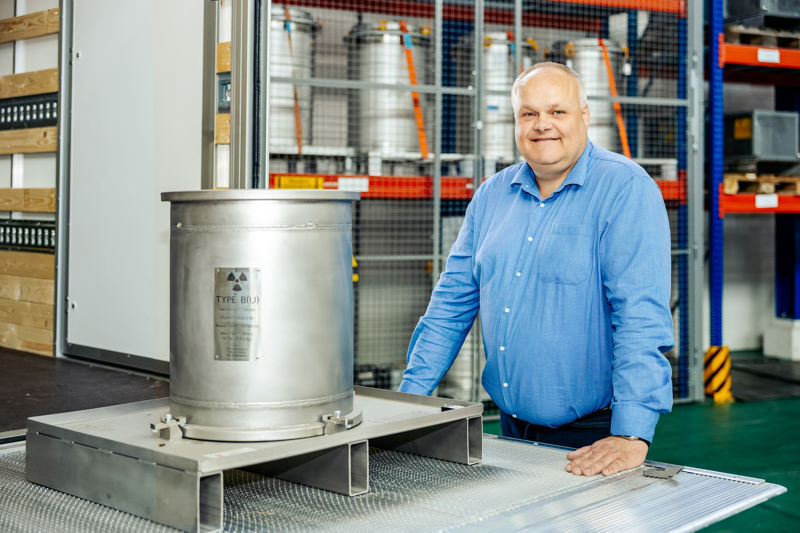
‘Thanks to us, isotopes arrive safely wherever they are needed’
The work that Rohen and his team do often goes unnoticed, but its impact on the lives of cancer patients is invaluable. They ensure that medical isotopes reach hospitals and treatment centres safely, on time, and exactly as agreed, so doctors can use them to diagnose and treat patients without delay.